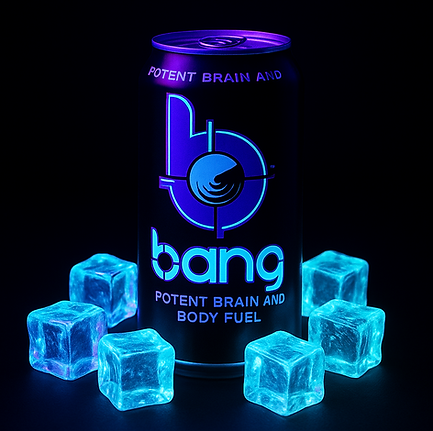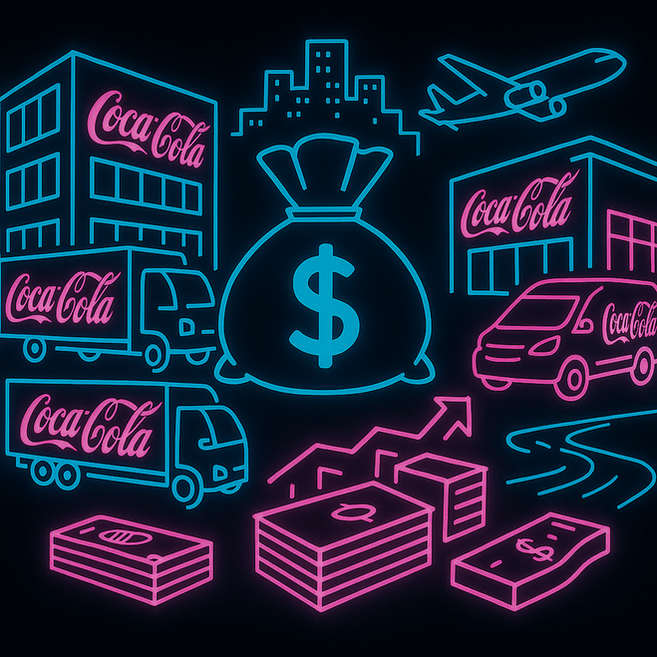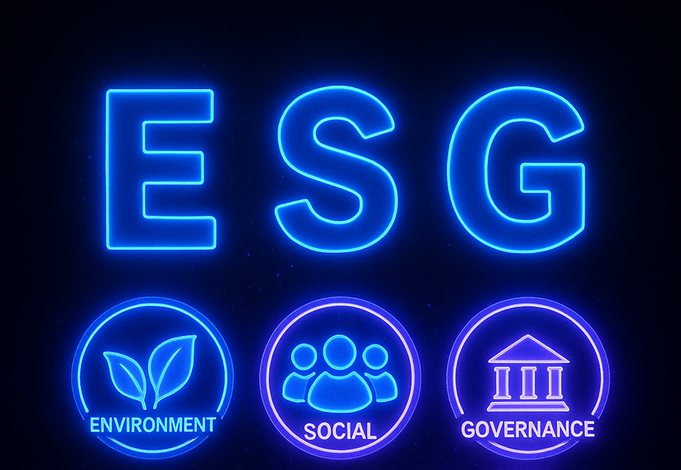EMPLOYEES
The investors are here for the bottom line. They’re the eagle-eyed number crunchers watching revenue trends, profit margins, dividends, and return on equity like hawks in suits. What matters to them? Growth, stability, and whether Coca-Cola is delivering that sweet, fizzy ROI.
They’re not just sipping Coke — they’re buying into the future.


Revenue
Revenue Generation Model
-
Coca-Cola earns most of its revenue by selling concentrates and syrups to bottling partners.
-
Bottlers are responsible for producing and distributing the final products.
Business Model & Stability
-
The company uses a capital-light, scalable model.
-
This model promotes consistent job stability across the Coca-Cola system.
Financial Performance
-
In Q1 2025, net revenues declined by 2%.
-
This was due to currency headwinds and refranchising of bottling operations.
Employee Perspective
-
Comparable revenue figures reflect Coca-Cola’s professional performance.
-
Employees gain insight into the company’s growth, and the slight decline reassures both current and future workers about employment stability.
Liquidity & Cash Flow
Financial Strength & Staff Investment
-
Coca-Cola’s financial position supports payroll, bonuses, and staff development.
Key Financial Figures (Q1 2025)
-
Cash & Equivalents: $8.4 billion
-
Free Cash Flow (Adjusted): $558 million
-
Capital Expenditure (Capex): $428 million — including employee-focused investments
Workforce Restructuring
-
A $36 million charge for pension curtailments and termination benefits
-
Indicates workforce restructuring, with full transparency and disclosure in earnings


Gross Margin Trends
-
Operating income (Q1 2025): $3.66 billion
-
Operating margin (comparable): 33.8%
-
2019: 27.1%
-
2020: 27.3%
-
2021: 26.7%
-
2022: 25.4%
-
The graph alongside shows Coca-Cola’s growing profitability post-COVID, helping employees connect company performance with job stability or potential bonuses.
-
Earnings per share (EPS): $0.73 (comparable)
-
Continued profitability supports performance bonuses and reinvestment into employee initiatives.
ESG Strategy
-
DEI Metrics: 39% of leadership roles held by women globally in 2022; Coca-Cola aims for 50% by 2030.
-
The Graphs alongside demonstrate Coca-Cola’s DEI progress and target (50% female leadership by 2030). Useful for internal awareness and morale.
-
Coca-Cola has implemented internal equity audits that identify and confront any inconsistencies in opportunities and pay towards underrepresented racial and ethnic groups.
-
Safety: Coca-Cola operates under global OHS (occupational health and safety) standards, and reports KPIs like Lost Time Incident Rate
-
Well-being programs: Includes mental health resources, hybrid work, safety training, and regional wellness campaigns.
-
Philanthropic Investment (2022): $94.8M through The Coca-Cola Foundation, contributing to community programs that may indirectly support employee morale. Highlights the company’s social investment and commitment to communities and employees.


